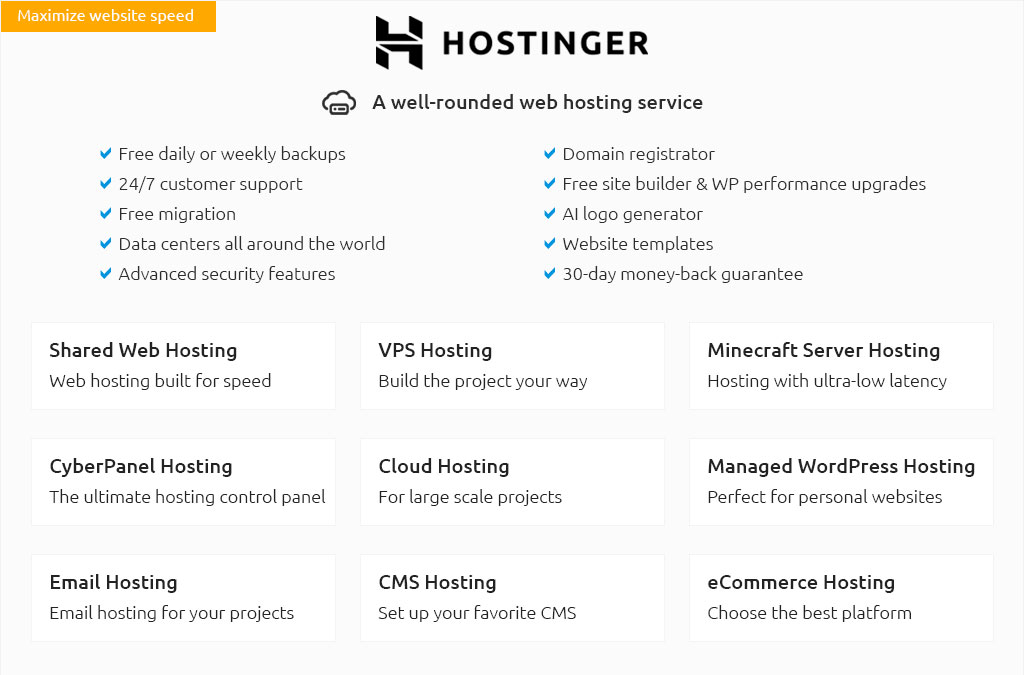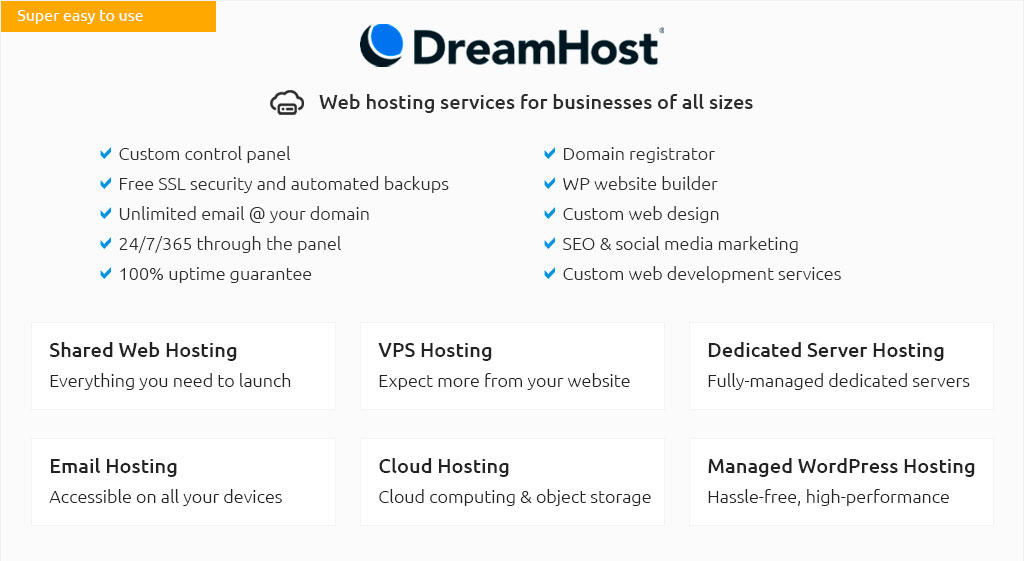 |
|||
 |
 |
 |
|
 |
|
 |
 |
 |
|||
 |
|||
 |
|||
 |
|||
 |
 |
Exploring the Best Dedicated Plex Server: Important ConsiderationsIn the dynamic world of digital media, the need for an efficient and reliable media server has become increasingly essential. For many, Plex has emerged as the go-to solution, offering a seamless way to manage and stream media content across various devices. However, the quest for the best dedicated Plex server is not merely about choosing the most powerful hardware or the most expensive option; rather, it involves a nuanced understanding of several crucial factors that can significantly enhance your media experience. First and foremost, the choice of hardware is paramount. A dedicated Plex server needs to balance power and efficiency, ensuring that it can handle multiple streams without compromising performance. CPU power is a critical consideration. A multi-core processor, preferably from the Intel or AMD families, can make a substantial difference, particularly if you anticipate transcoding 4K content. Transcoding, for those unfamiliar, is the process of converting media files into a format suitable for streaming on different devices, and it can be resource-intensive. Thus, a processor with a high PassMark score is often recommended. Next, the importance of storage cannot be overstated. With media files, especially high-definition ones, taking up significant space, investing in ample storage capacity is vital. While traditional HDDs offer cost-effective large storage, SSDs provide faster data access speeds, which can improve server responsiveness and reduce buffering times. A hybrid setup, combining both HDDs for bulk storage and SSDs for frequently accessed files, might offer the best of both worlds. Beyond hardware, network capabilities play a pivotal role in ensuring smooth streaming experiences. A server connected via Ethernet to a high-speed internet connection is ideal. Additionally, for those with a tech-savvy inclination, setting up a VPN can enhance privacy and security, though it may add complexity to the setup. Operating system choice is another layer of consideration. Linux-based systems are often lauded for their stability and performance efficiency, making them a popular choice among Plex enthusiasts. However, Windows and macOS offer user-friendly interfaces and broader compatibility with various applications, which might appeal to users less familiar with Linux. Furthermore, the importance of regular updates and maintenance cannot be ignored. Keeping the Plex Media Server software up to date ensures that you benefit from the latest features and security enhancements. It's also wise to periodically check for firmware updates for your server hardware. Ultimately, while the technical specifications are undeniably important, personal preferences and specific use cases will often guide the final decision. Whether you're streaming to a single TV in your living room or serving content to multiple devices across different locations, understanding your unique needs will help you choose the best dedicated Plex server for your situation. In conclusion, selecting the best dedicated Plex server is a journey that combines technical knowledge with personal preference. By carefully considering factors like processing power, storage solutions, network capabilities, and operating systems, you can create a robust and satisfying media server setup that meets your streaming needs now and in the future. https://medium.com/@foxietamine/how-to-build-the-best-plex-server-hardware-part-1-b4c6bbcf6aed
... best hardware for building a dedicated server which I'd use for my home multimedia heaven. My main concerns were performance this server ... https://www.liquidweb.com/blog/dedicated-plex-server/
NVIDIA is widely considered one of the most powerful Plex options on the market. The standard onboard memory can transcode multiple forms of media at once, and ... https://www.reddit.com/r/PleX/comments/13yeh5r/lets_have_a_talk_guide_to_choosing_the_best_plex/
Each Plex Server requires dedicated media storage. Desktop PCs and NAS devices have enough space for several HDDs, while mini PCs require ...
|